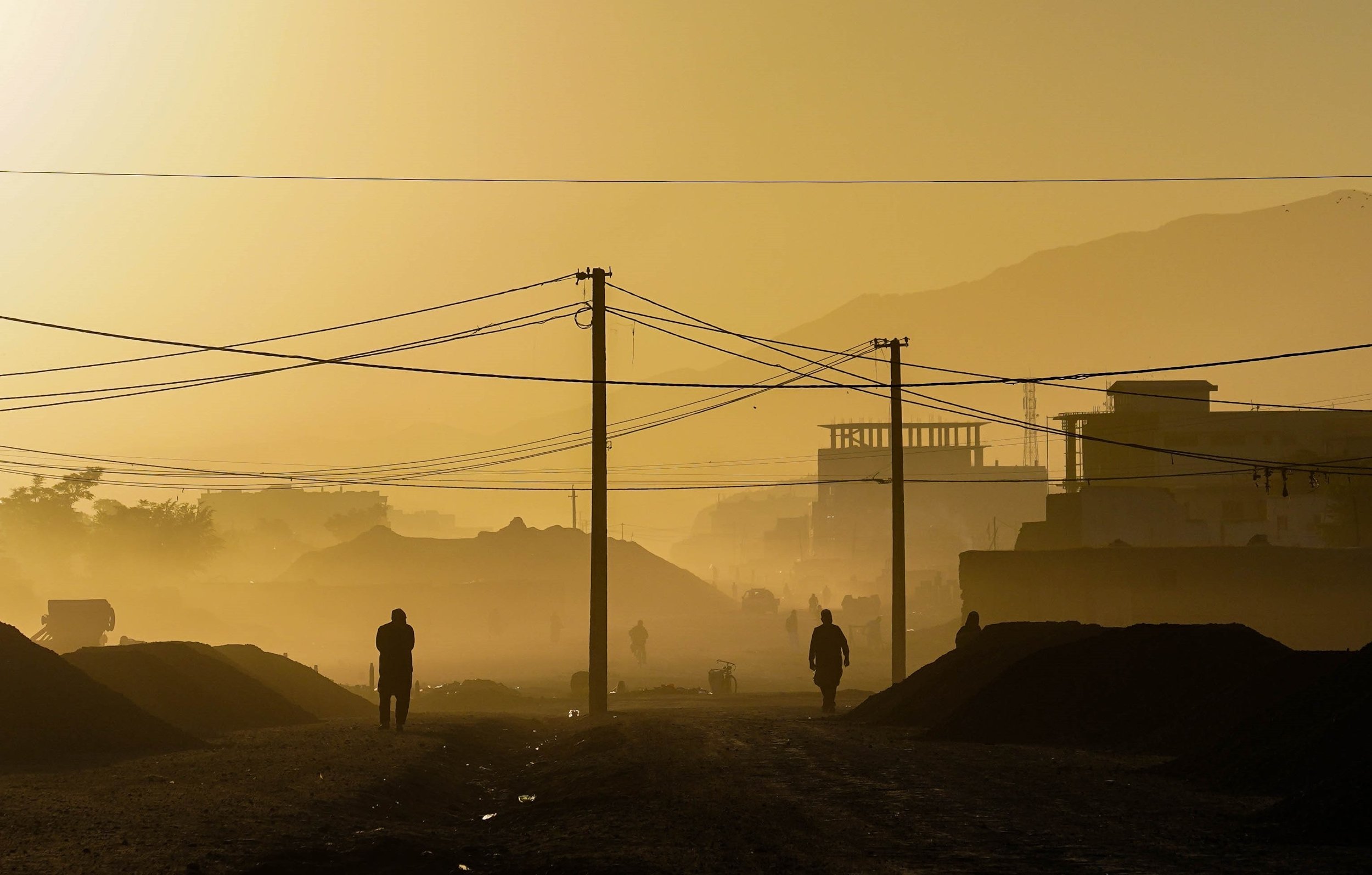After 20 years of war between the U.S. and the Taliban, Afghanistan continues to crumble. The recent Taliban takeover has disturbed foreign aid, leaving 18 million nationals in need of assistance.
Photo by Mohammad Rahmani on Unsplash
Afghanistan had relied on foreign aid and donors to support its economy even before the Taliban regained control of the nation. According to Al Jazeera, more than one-third of the nation’s GDP was composed of foreign funding. However, the U.S.’s withdrawal from Afghanistan and the Taliban’s recent takeover caused the departure of relief workers and funding cuts. While the U.N. appealed for almost $200 million in additional funding for support for Afghanistan, nations are struggling to navigate how to deliver resources to Afghan civilians successfully. As the country approaches economic collapse and widespread hunger and poverty, foreign aid is crucial to saving innocent lives; however, interaction with the Taliban is the primary delivery route. Donors and foreign governments are hesitant to assist the Taliban due to their track record of human rights violations and fear of corruption and misuse of funds.
Because the Taliban’s regime is not internationally recognized, The World Bank cut financial aid to Afghanistan. In addition, the International Monetary Fund said that the Taliban would not be granted access to use its new reserves. As a result the U.S., E.U. and the U.K. have ceased their aid programs in the region. Despite this and the sanctions on Afghanistan, the U.S. will continue to provide aid for Afghanistan via non-governmental organizations. One method to minimize the misuse of relief funds by the Taliban includes assisting with food, medicine and other necessary resources instead of financial aid. Some nations, including Pakistan and Iran, have taken to this method over the years. Another way for countries to work around the Taliban includes channeling relief programs through U.N. agencies or the World Bank. Despite these efforts, there is no guarantee that the funds will be distributed appropriately, and there is always a risk of fund misuse.
Sanctions and other restrictions also hinder the delivery of aid. At the end of August, conditions at the Kabul airport impeded The World Health Organization’s attempts to send 500 tonnes of medicine to Afghanistan. The Pakistani government facilitated the WHO in this effort and delivered 12.5 metric tonnes of medicine to Kabul. However, sanctions could disrupt other deliveries unless formal exemptions are issued. Some humanitarian groups have previous experience providing aid to areas controlled by the Taliban and have even been assured by the Taliban that their efforts will not be interrupted. The Taliban recently tweeted that the World Food Programme’s humanitarian efforts are appreciated and assured of the organization's security.
According to the United Nations Development Programme (UNDP), Afghanistan’s poverty rate is expected to increase from 72 percent to 98%by mid-2022. Around 14 million people (35% of the population) and two million children are food insecure in Afghanistan due to rising food prices, severe drought and displacement. The United Nations reported that there had been a 50% increase in the cost of wheat, sugar, rice and cooking oil compared to pre-pandemic prices. Flour, oil, beans and gas prices have also hiked by around 63%. Food prices continue to skyrocket as economic sanctions impact the availability of imported goods. According to a survey conducted by Save the Children, many families have accumulated debt to purchase food. Some families have resorted to selling their belongings, cutting back on meals and putting their children into the workforce to pay off this debt. Banking issues and asset freezes may continue to further food insecurity for locals. More than 18 million people — half the population — in Afghanistan rely on humanitarian aid to survive. The necessary resources must be delivered soon to derail the region from snowballing into a more profound economic and humanitarian crisis.
GET INVOLVED
While these crucial deliveries have been limited in Afghanistan, there are still ways to help through independent and reliable organizations. For example, the Afghanistan Humanitarian Fund is one of the U.N.’s country-based pooled funds collecting donations. Through this pooled fund, contributions are controlled by local U.N. representatives and funds are made available to various partner organizations on the front lines. Another U.N.-based program that is collecting donations is the World Food Program. The Taliban recently negotiated with the director of the WFP, David Beasley. They assured him that the new government would facilitate the organization’s efforts and grant them access to deliver relief resources. Beasly told PBS that the Taliban had honored their word thus far. Similarly, Save the Children is accepting funds from donors to help Afghan children and families in need, mobilizing to meet the urgent needs of refugees.
RELATED CONTENT
Mia Khatib
Mia is a rising senior at Boston University majoring in journalism and minoring in international relations. As a Palestinian-American, Mia is passionate about amplifying the voices of marginalized communities and is interested in investigative and data-driven journalism. She hopes to start out as a breaking news reporter and one day earn a position as editor of a major publication.





